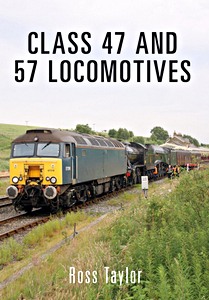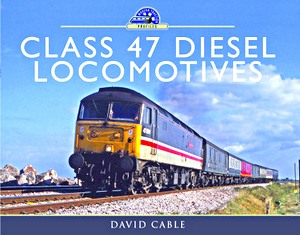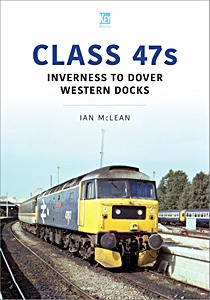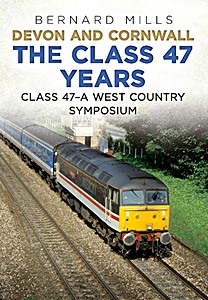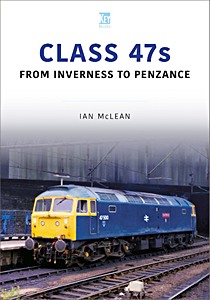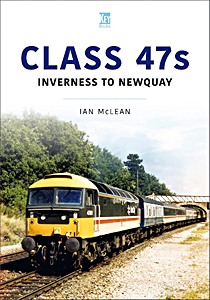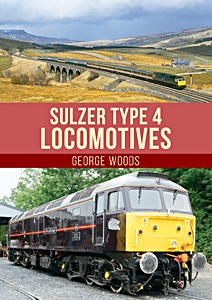Brush Type 4 to Class 47 - The first 25 Years
The first Brush Type 4 No D1500 was delivered to British Railways in September 1962, working its first passenger trains on 8 October. This book from Simon Lilley is a pictorial history of their first 20 years in service with a mix of black and white and colour photographs used to illustrate the history of the Class 47s from their very early days to the early 1980s.
All the key developments of the class over these years are captured and explained, including livery changes as green gave way to corporate blue and locomotives were fitted with train air-brakes and electric train heating equipment.
There were many variations within the Class 47 fleet, both big and small, and this book highlights those differences. The wide mix of locations gives a geographical spread across country, and include some locations not normally associated with the locomotives, reflecting their work over the years across the rail network on a wide variety passenger, parcels and freight duties.
Details
| Autor: | Simon Lilley |
|---|---|
| Ausführung: | 96 Seiten, 24.5 x 17 cm, kartoniert |
| Abbildungen: | zahlreiche farbige und s/w-Abbildungen |
| Verlag: | Key Publishing Ltd (GB, 2023) |
| Serie: | Britain's Railways |
| ISBN: | 9781802823547 |
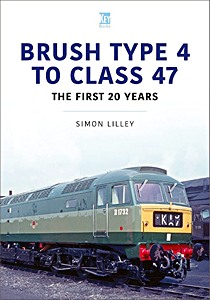
Brush Type 4 to Class 47 - The first 25 Years
Sprache: Englisch
Erhältlich bei Amazon - sichere Zahlung und schnelle Lieferung
Kaufen bei Amazon DE
